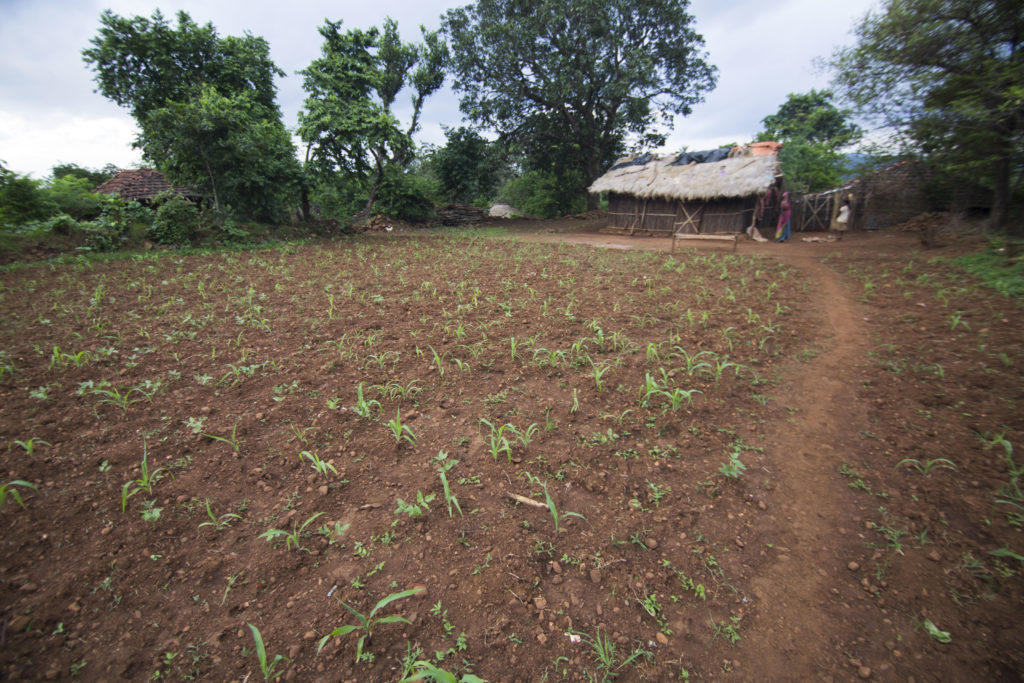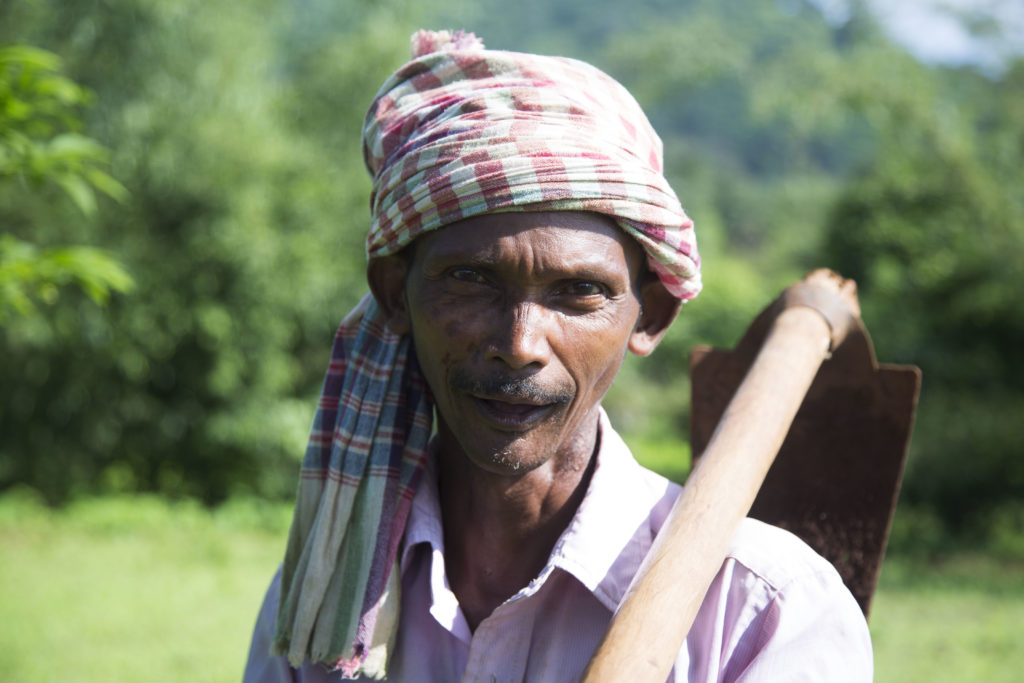Your Questions!
Conservation Agriculture vs Traditional Agriculture
Almost 690 million people in the world are hungry and malnourished, and nearly 98% of whom live in developing countries.
In the countries in which we serve, families survive on one meal or less for 5 to 6 months of the year. Most people that face hunger are farmers. This “hunger gap” perpetuates the cycle of poverty and leads to stunted growth in children, violence, and gender inequality.
Traditional agriculture practices are based on tilling the land and require synthetic fertilizers and pesticides. Farmers usually focus on growing one crop on the majority of the land, such as corn, in order to maximize profits. In many countries in the Global South, this way of farming has been taught by the government and passed down from generation to generation.
Tilling the land helps to bury weeds, mix fertilizers, and helps in the short-term to control pests by burying them in the soil. However, intensive farming of the same crop year after year can have profound negative implications for the environment. It can cause soil erosion, which leads to the destruction of ecosystems and loss of biodiversity that is critical for the continued production of crops.
To make up for the loss of ecosystems, chemicals must be added to the soil which can negatively affect crop growth as well as cause water pollution, harming humans, as the chemicals seep into groundwater. This traditional way of farming is not sustainable and does not guarantee food security for hungry populations.


Conservation agriculture is based on three main principles: minimal tillage, rotational planting or intercropping, and soil cover through mulching. It can be done with any kind of crop as long as the three main principles are adhered to.
Mulching keeps the moisture in the soil, suppresses weeds, and improves soil fertility without the use of chemicals. Minimal tillage decreases erosion and labour, as well as cultivates the soil to retain water. Through rotational planting and intercropping, the land retains its nutrients and protects against crop diseases and pests. More diverse food is produced while ensuring the sustainability of the land for future generations. Farmers are able to increase their yields by 2-3x without compromising the integrity of the environment.
At Tearfund Canada, we don’t believe that hunger is part of God’s Kingdom.
Through local churches, farmers are being trained on Conservation Agriculture principles and are able to grow more crops, alleviate hunger, increase their incomes, and escape poverty for good.
